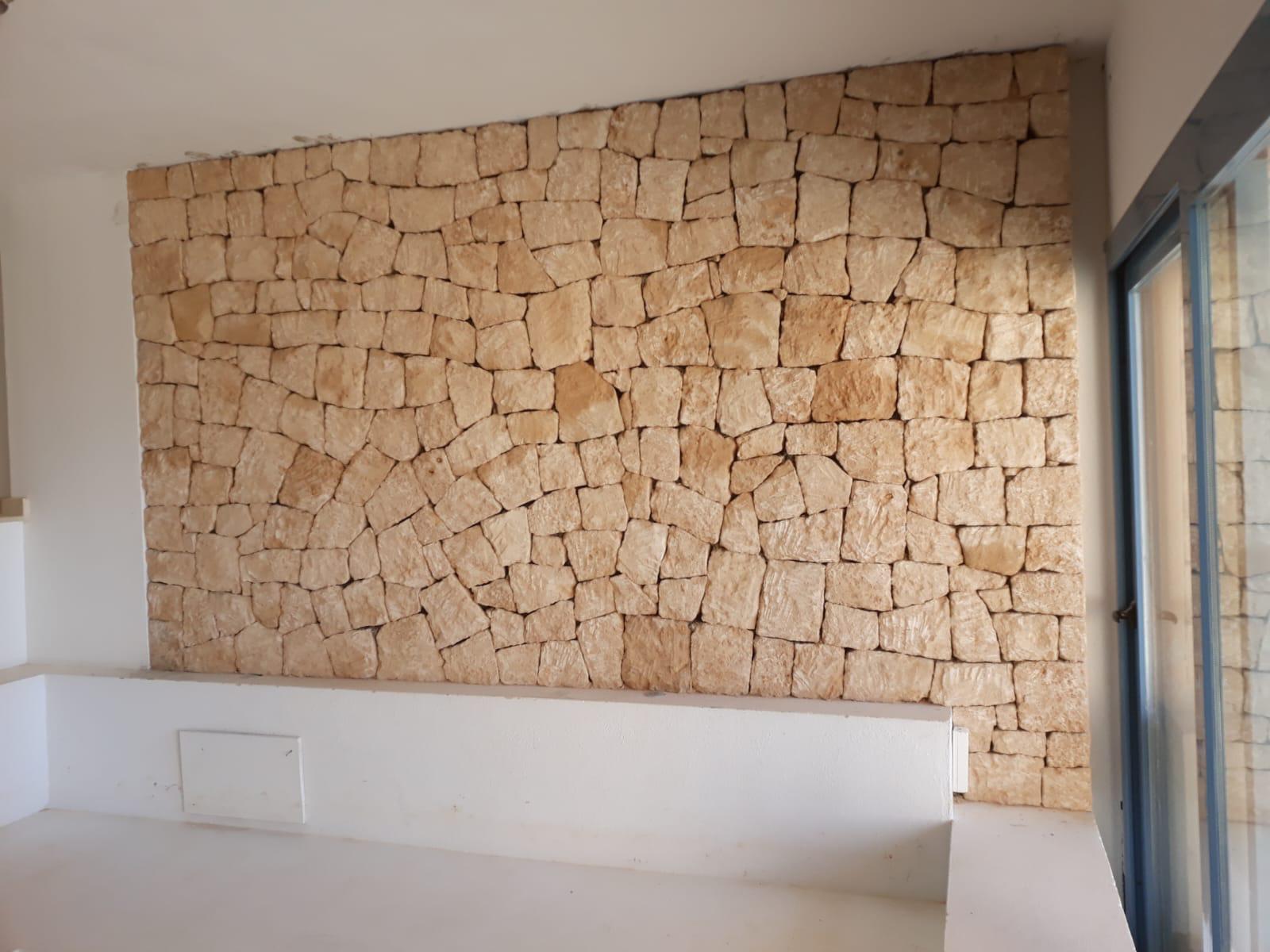How Much Can I Save With Solar Panels?
Introduction
Solar panels have revolutionized the way we generate electricity. They capture sunlight and convert it into electricity, reducing our reliance on traditional energy sources and lowering our carbon footprint. This article will delve into the world of solar panels, exploring how they work, their benefits, and the factors that determine how much you can save.
Understanding Solar Panels
How Do Solar Panels Work?
Solar panels work on a simple principle. They contain photovoltaic cells that absorb sunlight and convert it into direct current (DC) electricity. An inverter then converts DC electricity into alternating current (AC), which is used to power your home. This process happens silently and efficiently, providing you with a steady source of clean energy.
Types of Solar Panels
There are various types of solar panels available, including monocrystalline, polycrystalline, and thin-film. Each type has its advantages and disadvantages, affecting both performance and cost. Understanding the differences is crucial when choosing the right solar panel for your needs.
Benefits of Solar Panels
Cost Savings
One of the primary reasons people invest in solar panels is the potential for significant cost savings. By generating your own electricity, you can reduce or even eliminate your monthly energy bills. Over time, the savings can be substantial, making solar panels a wise financial decision.
Environmental Benefits
Beyond financial savings, solar panels contribute to a cleaner environment. They produce zero emissions, reducing your carbon footprint and helping combat climate change. By harnessing the power of the sun, you are making a positive impact on the planet.
Energy Independence
Solar panels also offer energy independence. You are no longer entirely reliant on the grid, which can be vulnerable to outages and price fluctuations. With solar panels, you have a reliable source of energy that is under your control.
Factors Influencing Savings
Location and Climate
The amount of sunlight your location receives plays a significant role in your savings. Sunnier regions tend to generate more electricity, resulting in higher savings. However, solar panels can still be effective in areas with less sunlight, thanks to advancements in technology.
System Size
The size of your solar panel system matters. Larger systems can generate more electricity and therefore greater savings. However, the size should be tailored to your energy needs and available roof space.
Incentives and Rebates
Many governments and utilities offer incentives and rebates to encourage solar panel adoption. These financial incentives can significantly reduce the upfront cost of installation and enhance your savings.
Calculating Savings
Initial Investment
Installing solar panels requires an initial investment, including the cost of panels, inverters, and installation. However, the return on investment is often well worth it, considering the long-term savings.
Energy Production
The amount of energy your solar panels produce directly impacts your savings. Monitoring your energy production helps you assess the effectiveness of your system and identify any issues promptly.
Payback Period
The payback period is the time it takes for your solar panel system to recoup its initial cost through savings on your energy bill. This period can vary based on your location, system size, and available incentives.
Installation and Maintenance
Choosing a Professional
Selecting a reputable solar panel installation professional is crucial. They will ensure that your system is correctly installed, optimizing its performance and longevity.
Maintenance Tips
Solar panels are low-maintenance, but regular cleaning and inspections are essential to keep them operating efficiently. Routine maintenance ensures you continue to reap the benefits of your investment.
Common Misconceptions
Solar Panels Are Expensive
While the initial cost may seem high, solar panels offer substantial long-term savings. Many financing options and incentives make them more affordable than ever.
Solar Panels Are Ineffective in Cloudy Areas
Solar panels can still generate electricity on cloudy days, although their efficiency may be slightly reduced. They remain a viable option in areas with less sunshine.
Conclusion
Investing in solar panels is not just about saving money; it’s about embracing a sustainable and eco-friendly future. By understanding how solar panels work, their benefits, and the factors influencing savings, you can make an informed decision about whether to switch to solar energy.







